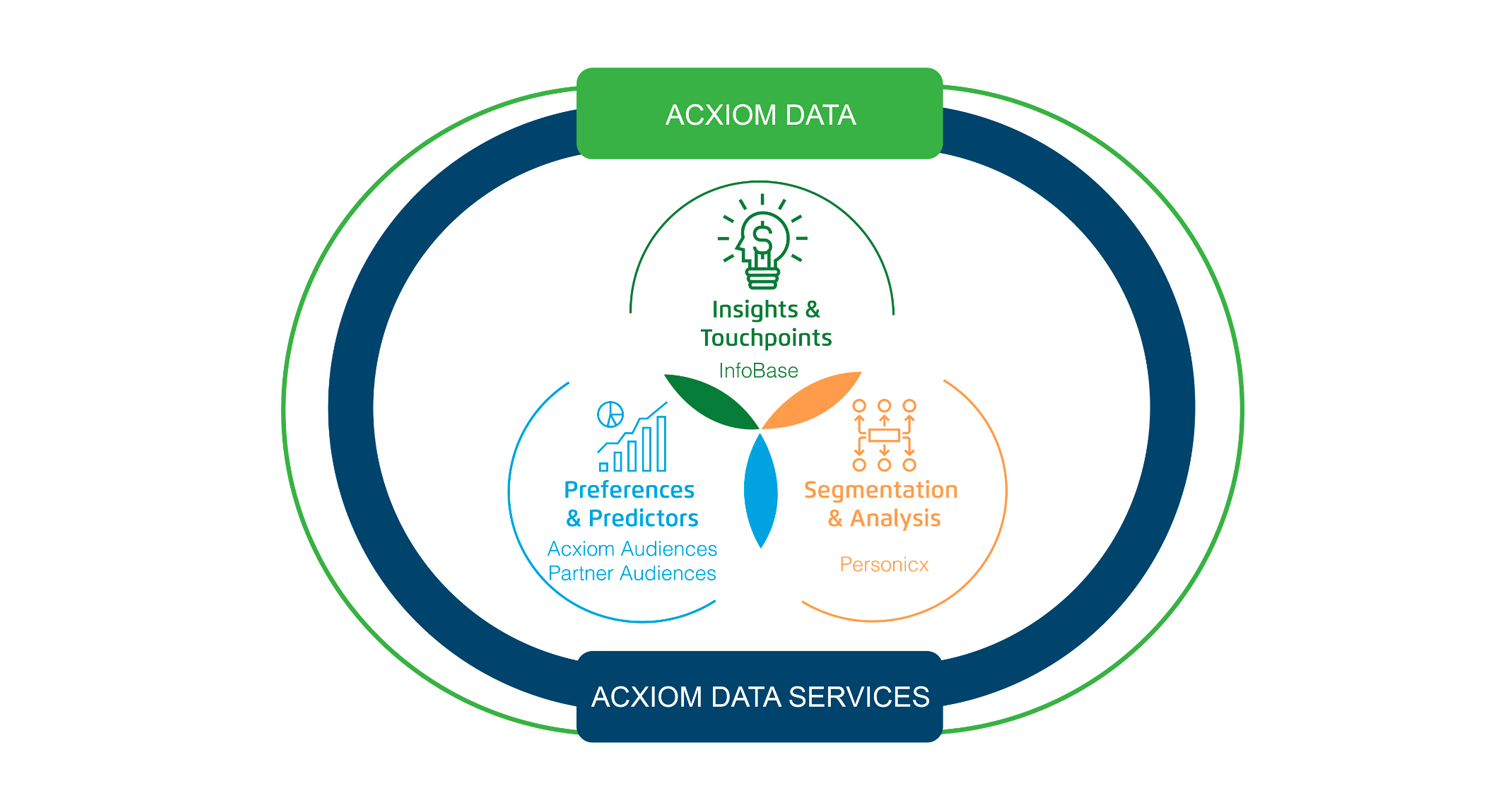Essay: ‘THEY LIVE / YOU WILL’
I wanted to share an updated version of an essay that appears in ‘THEY LIVE: A Visual & Cultural Awakening’ as the publication is sold out now and I feel there is more to say on the matters that are explored in the original essay. It is also good to make these things less exclusive and more accessible. I hope the following article will be of interest and if you find merit in the words, please feel free to share and distribute under Creative Commons.
They Live
You Will

– Still image from ‘THEY LIVE!’ (1988)
Nada, played by Roddy Piper, picks up a pair of black-rimmed glasses and puts them on, but these are no ordinary glasses, these glasses are X-Ray specs. Immediately they détourne all forms of corporate propaganda that he casts his gaze at—the billboard advertisements, magazines, and television programmes all change. All are subverted to reveal an alternative truth (in essence), making the invisible visible, revealing in the process the hidden infrastructures, architectures and power relationships that exist between corporate and state level actors—in the case of They Live aliens, and their subjects—citizens of the US. Everyone is asleep, Nada is awake.
Détournement then, is one of the mechanisms that John Carpenter weaponises for Nada in order for the protagonist to see through the bullshit—to resist the pervasiveness of corporate propaganda and reawaken the lead character to the reality of his situation. An elite caste of aliens has invaded earth and it is time to don a lumberjack shirt and kick some interstellar ass.
They Live was written in the context of the birth of neoliberalism in the US under Ronald Reagan and his political ideology of ‘Reaganomics’. Neoliberals were the real world ‘aliens’ that were invading earth as financial markets were being liberated from the chains of legislation and corporate advertising would be the visual engine of this new, unrestricted form of capitalism. Neoliberals were invading the UK at the same time too, deregulating financial markets and unleashing a purer notion of capitalism as Margaret Thatcher strategically destroyed the social components of government policies to famously declare “there is no such thing as society.” Her most famous mantra was “there is no alternative.” Neoliberalism was here to stay.

– Margeret Thatcher and Ronald Regan share a ‘first dance’ at the White House
As a result of these dominant political ideologies, the logic of the market continued to be the guiding force of our age. This coercive control of societies wasn’t implemented by aliens like in They Live—but the effects of the war on socialism were just as violent and brutal for the most marginalised members of societies. Neoliberalism was the latest metamorphosis in a long history of economic exploitation of Earth’s natural resources and what could well be the last vanguard of the age of capitalism—the Capitalocene.
Over the last 400 years the ramifications of the Capitalocene has had cosmological and evolutionary implications. It has defined the human relationship to nature from a position of dominance, as if the human species exists outside of ‘nature’ and not a part of it. This ideology continues to have profound consequences for the evolution of our species and the myriad of lifeforms that planet Earth is home to – least of all humans. After the Industrial phase of Capitalism, Foucault was the first to define the concept of Biopolitics in which the human body became the latest natural ‘resource’ to be subjucated, dominated and disciplined with mechanical precision. The theorist Byung-Chul Han is confident that Neoliberalism has now mutated into ‘Psychopolitics’, where our psyches become the latest territories to be dominated and exploited for profit with the aid of powerful new technologies and computational systems. ‘They’ tell us all to stay asleep: to OBEY and CONSUME, as our atmosphere burns, and our human rights are steadily, and methodically extinguished with our ‘informed consent’.

– Detainees in Guantanamo Bay undergo ‘Enhanced Interrogation Techniques’, outside of the protections of international law.
This is the context that has sustained They Live’s relevance through the decades, particularly for myself. Climate change is happening, the social fabric of societies unravelling, all spurred on by rampant forms of individualist consumerism and unprecedented techonogies of power. In the early 2000s, whilst US and UK armed forces were deploying their ’Enhanced Interrogation Techniques‘ in Iraq and Afghanistan during ‘Operation Freedom’ (and Cambirdge Analytica was developing its powerful ‘RIPPON’ micro-targetting software on the back of Ministry of Defence contracts in Afghanistan), I began developing and deploying my own creative versions in the streets against the logic of neoliberal capitalism. The difference was that my personal artistic form of enhanced interrogation was called Culture-Jamming and it was against a different kind of enemy combatant (the coercive forms of corporate propaganda and power) in cities across the UK and the theory of détournement was the key weapon.

– Subvertising by Jonathan Barnbrook, installed in Paris by Brandalism during the COP21 Climate Talks, 2015
For subvertisers, advertising is the visible engine of neoliberalism, the glossy façade of consumer capitalism. We wanted to learn how to hack it, subvert it, détourne it, and to make the invisible visible, much like Nada in his quest for truth in the film. Subvertisers typically détourne the signs, symbols and signifiers of multinational corporations and political entities to reveal alternative truths behind the original, affective corporate images that skilfully create meaning about what is important in life. Building on our predecessors in Dada, Situationism, Agit Prop, and Culture-Jamming, this activity goes beyond creating posters and installing them in advertising spaces and into hacking space and place, deploying network-based interventions across borders and continents. By ‘open-sourcing’ this knowledge to share with others, and by revealing the power of these corporate persuasion architectures, we critically interrogate the ideologies and logic behind their totemic, totalitarian presence in cities across the world. Advertising spaces don’t just turn up in public space in their hundreds of thousands, they are a symbol of the deeper ideologies in power. Our aim was to interrogate and expose that.

– Artists and activists map and analyse advertising spaces in Paris prior to the world’s largest subvertising intervention which saw over 100 people hack over 600 ad spaces in the city
Persuasion architectures are built to influence public perception and decision making via the mediation of information and affective forms of visual stimulus. What initially began with posters, billboards and TV adverts morphed into online advertising in the mid 1990s as neoliberalism was unleashed on global markets and populations, just as the 2nd Enlightenment – Dataism, dawned in boardrooms, research centres and on digital screens around the world.
– Commercial reel for AT&T’s ‘YOU WILL’ campaign, 1993
In 1993 something really interesting happened in cyberspace. As internet folk lore describes it, the American telecoms company AT&T launched the world’s first digital banner ad online. Their prescient ad campaign entitled ‘YOU WILL’ featured (one of) the first ever ‘pay per click’ (PPC) digital advertising banners. The successes of these initial PPC technologies (the ‘YOU WILL’ banned ad had a click through rate of over 40%) saw the exponential rise in algorithmic forms of automaton in the ad tech industry.

– The world’s ‘first’ digital banner ad for AT&T’s ‘YOU WILL’ campaign, 1993
Nearly a decade later, another key moment in the development of the logic of Dataism occurred. In the early 2000s, in a post- 9/11 context, Google was facing mounting pressure to make it’s corporate business model viable and their egalitarian techno-utopianism that was at the heart of the founding of the company changed dramatically when they realised that the ‘data exhaust’ – the digital footprints and metadata left by people surfing the web using their platform – was possibly the most valuable raw material to be discovered in a century. It was also the information that powerful nation states needed in order to achieve total digital surveillance of human populations in response to the new age of terror that came to define the world after 9/11. A perfect symbiosis of military industrial complex, nation state and corporate agendas occurred.
In 2001 you see a wholesale shift in Google’s business model and privatisation of people’s personal data on mass. Their whole business model became centred on generating advertising revenues. They were in the unique position (and first out of the gate) to realise that human experience could be converted into behavioural data and that data could be analysed, filtered and processed by machines in order to infer who their ‘users’ are, and infer predictions about what their future behaviours could be as a result. This created incredibly valuable insights for their clients – the advertising and marketing industries, and governments. As a result of their willingness to forgo our right to privacy online, Google’s profit margins skyrocketed. Everybody wanted a piece of this new emerging economic logic – the logic of surveillance capitalism. The religious philosophy of Dataism had given rise to an economic ideology of unparalleled (smart) power.

– Promotional image for ‘Spectre’ (2019), by Bill Posters & Daniel Howe
Google’s access to search data from billions of people around the world and their willingness to privatise and monetise people’s personal privacy enabled them to create and legitimise the norms and conditions for radical new ideas to spread and take hold. By creating the infrastructures, and by normalising the exploitation and rendition of human experience as behavioural data, the initial forms of computational propaganda that Google helped establish emerged as key driving components of a new philosophy: Dataism.
Coined by David Brooks in a New York Times article in 2013, Dataism is a dominant philosophy that has all the hallmarks of a new form of religion. Big Data expanded the logic of the 1st Enlightenment, which saw statistics and scientific approaches to measurement and quantification replace mythology as the source of truth in the universe. By combining this logic with technology and Big Data, Byung-Chul Han considers that Dataism could well be seen as the start of a ‘2nd Enlightement’.
‘Calculators, it is now up to you: count, measure, compare’
– Jean-Jacques Rousseau, The Social Contract
As part of this unparalleled belief of the 2nd Enlightenment that more data equates to more truth, tech giants have been applying the logic of gene sequencing that flourished during the same time as digital advertising campaigns were first appearing in browser windows across the world in the 1990s but Instead of applying the logic to the human genome, corporations began applying it to Big Data. Instead of gene sequencing, Dataism is pioneering a new field that computational machines are developing and testing today, the field of behavioural sequencing.

– Portrait of Jean-Baptiste Pierre Antoine de Monet, chevalier de Lamarck, best known for his Theory of Inheritance of Acquired Characteristics
By applying (flawed) genetic, memetic and life science theories developed by Lemarck, Hamilton and Dawkins to Big Data, corporations are in the process of compiling what could amount to a trans-generational ‘data epigenome’ for the human race. Powered by artificial intelligences, these corporate systems see us as their willing data inputters. We are no longer people, we are users however we are not the product being sold. We are obsolete. The combined human experiences of the entire human race are the products as these experiences – our daily interactions, sentiments, expressions, behaviours and decisions – are extracted, renditioned and converted to a new raw material: behavioural data. And freely and daily, billions of us hand over all our intimate, private data to one corporation or another in order for them to micro-target advertising and predict what is important to us, and with the help of artificial intelligence: what we might—or should—value in life. As a result, micro-targeting could well be one of the gravest threats to human rights in the 21st century.

– Still image from ‘The Selfish Ledger’ (2018), an internal film created by Google X and leaked online in 2018
The application of the logic of Dataism across a whole range of fields—from pharmacology to life sciences, behavioural economics to healthcare—the notion of human liberalism as the most important theory that provides meaning in life is losing authority as the dominant ideology of our age. Life itself is now increasingly being understood by mega-corporations as complex collections of biochemical algorithms that build the biological systems needed to create, evolve and reproduce life. A new religion is indeed emerging, not from the Middle East or Asia but in Silicon Valley.
As corporations misguidedly see Big Data as cultural, memetic extensions of the human genome— as it is, they argue, in essence the ‘lives’ of billions of humans in aggregate —and because algorithms are simply ‘opinions in code’, we must recognise that any implicit biases in the architectures being developed to create meaning from Big Data have profound implications for our species. It’s the scale and transformational power of these systems that’s the key issue. In the words of James Bridle, “computation does not merely augment, frame and shape culture; by operating beneath our everyday, casual awareness of it, it actually becomes culture”.

– The world’s first smartphone entitled ‘Simon’ by IBM. First shown in 1993
Dataism, and the computational infrastructures that physically and digitally enshrine this logic in form, are at the core of 21st century forms of computational propaganda. But whilst traditional forms of propaganda were more of a one-way channel, your smart phone in your pocket speaks back to you, and converses too with other machines. This small computer minutes, measures and feeds-back all your interactions to an AI. So does your web browser, your tablet, your smart TV and a whole host of new devices operating in your private spaces and in public, giving rise to the ‘internet of things’ and ‘smart cities’. Through these new forms of corporate surveillance, machines now constantly harvest our past actions and behaviours at a species level scale in order to predict what we may do next. The dystopian forms of coercive control presented in They Live don’t even begin to touch on the latest developments in computational propaganda omnipresent in our societies today, nor their huge implications on our political institutions and democratic processes. We are in an age of friendly Totalitarianism, a new form of intelligent power that will never rule by threats of violence, but rather, through friendly encouragement, convenience and helpfulness as we whisper our deepest secrets and biological rhythms to the dictators in our pockets. Human minds are the new ‘dark continent’ that neocolonialist corporations seek to mine and exploit. The age of Psychopolitics is upon us. Your psyche is the new raw material ripe for exploitation and extractivism.

– Copper plate engraving from “Through the Dark Continent”(1878) by Henry Morton Stanley
In 2016 and 2017, the UK, US and Europe witnessed massive political shocks as new forms of computational propaganda were exposed by investigative journalists and digital rights advocates. The corporate business models deployed by advertising corporations, social media platforms and political consultancies like Cambridge Analytica that comprise the Digital Influence Industry have unveiled new terrains to fight their battle for ‘hearts and minds’. Terrains that impact and erode our notions of free will and the right to a future tense – essential human rights. We could argue that Biopolitics is being superseded by Psychopolitics as the colonialist logic of capitalism seeks ever new territories that allow ‘permission-less innovation’; to dominate and enclose for capital absorption and wealth generation. The latest frontier is our minds and the behavioural data this is now industrially mined invisibly from our psyches.

– Logo for AT&T’s prescient ‘YOU WILL’ ad campaign, 1993
When personal information and deep analysis conducted using artificial intelligence and machine learning is applied to individuals, societies and our species at large, to predict and influence behaviour, the cumulative effects of computational forms of propaganda need to be interrogated, critiqued and challenged. The fact that citizens’ data—ranging from political leanings, our locations at every moment of every day, our sexuality, and our psychological traits—is then made available to the highest bidder, mean that the logics of Dataism and Surveillance Capitalism pose a risk not only to individual human rights, but to democracies at large.

– Screen capture from Acxiom’s website. The bland corporate vernacular belies a complex surveillance operation as Acxiom are one of the world’s largest data brokers. In 2017, data giant Acxiom provided up to 3,000 attributes on 700 million people. In 2018, the number was 10,000, on 2.5 billion consumers
As corporations harvest ever more data from citizens and apply memetic and genetic theories to Big Data powered by enhanced forms of AI, our reality is one where our governments and judiciary haven’t even begun to comprehend the profound societal changes these new technologies are ushering in, let alone take action against them. In the words of Yuval Noah Harari, “information flow is [now] the supreme value”. In 2019, the monetary value of data overtook fossil fuel deposits for the first time. To the capitalist ideology of maximum profit has been added the exponential possibilities of technological opacity, and in which naked greed can be ‘clothed in the inhuman logic of the machine’. We are becoming Automatons acting out our selves. Dominated by a new totalitarianism that appears to us as a friend, always helpful and always there. A new ultra-quiet form of smart power that conditions us to actively collaborate in the ‘digital panopticon’s operations’.

– Plan of Jeremy Bentham’s panopticon prison, drawn by Willey Reveley in 1791.
One of the greatest challenges of the 21st century then, is learning how to speak back to these new powerful and coercive technologies. It’s clear our governments are suffering from economic capture and are unable to act, meanwhile Pandora’s box is not just open, it’s online and all that transparency will provide is a normalisation of these technologies and their dominance on human life. As artists and activists today we need to find, develop and create new X-Ray specs that reveal and resist the 21st century spectacle of Dataism and allow us all space to reframe the neoliberal, capitalist gaze in relation to the knowledge of the affective power of computational forms of propaganda.
So this is a call to action for subvertisers to move from public space to digital space. This is the terrain where the practice of détournement needs to be applied today and we have only just begun to do so. Just as the resistance said in They Live: “The world needs a wake up call, and we’re gonna phone it in.”
Big data and the absurd, totalitarian logic of Dataism needs an equally absurd nemesis.
‘Mr Zuckerberg, I presume?’
Welcome to ‘Big Dada’.
